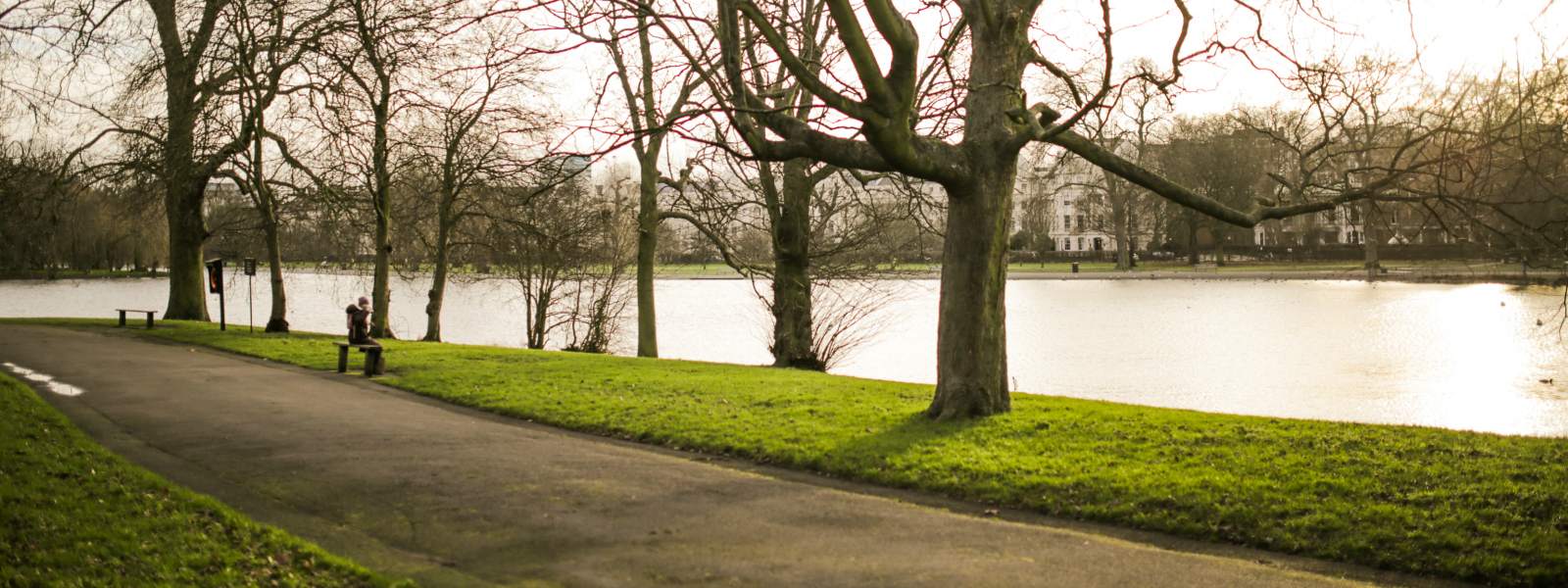The Centre for Health Policy was established in 2014 by Co-Directors Lee Knifton and Neil Quinn, with support from Alec Morton, Management Science, and Professor Sir Harry Burns, Scotland’s former Chief Medical Officer, as Chair.
Strathclyde’s motto of being ‘a place of useful learning’ was core to the rationale for creating the Centre for Health Policy. A key motivation for establishing our Centre was to bring together, and help showcase, Strathclyde’s wide range of policy-facing, health-focused work. Over time, we have developed an array of partnerships with third sector and policy organisations, several of which now offer placement-based dissertations for our MSc Health and Social Policy students.
From the start, our aim was to take a broad approach to ‘health policy’. Our focus has always been on understanding and influencing the wide-ranging policies that shape people’s health, including via social and economic factors such as housing, work and wealth. Many of our research projects focus on understanding how socio-economic factors shape health and our teaching programmes embed this holistic approach to considering how systems change can help improve health.
Strathclyde’s socially progressive ethos is reflected in both our ongoing concern with tackling inequalities in health and in our work to bring communities into conversations with researchers and policymakers. Many of our research projects place community engagement at their heart.
We also pride ourselves in the central role that public engagement plays in our postgraduate teaching (e.g. notably via the MSc Health and Social Policy’s innovative core module, Co-Production and Engagement in Health Policy and Practice). Other CHP led modules include Inequalities and Social Policy, which takes a holistic approach to examining intersecting inequalities, and Health Policy from an International Perspective, which showcases some of our international research and teaching links. In 2025-2026, our third year of running the MSc Health & Social Policy, student numbers reached unsurpassed levels.
